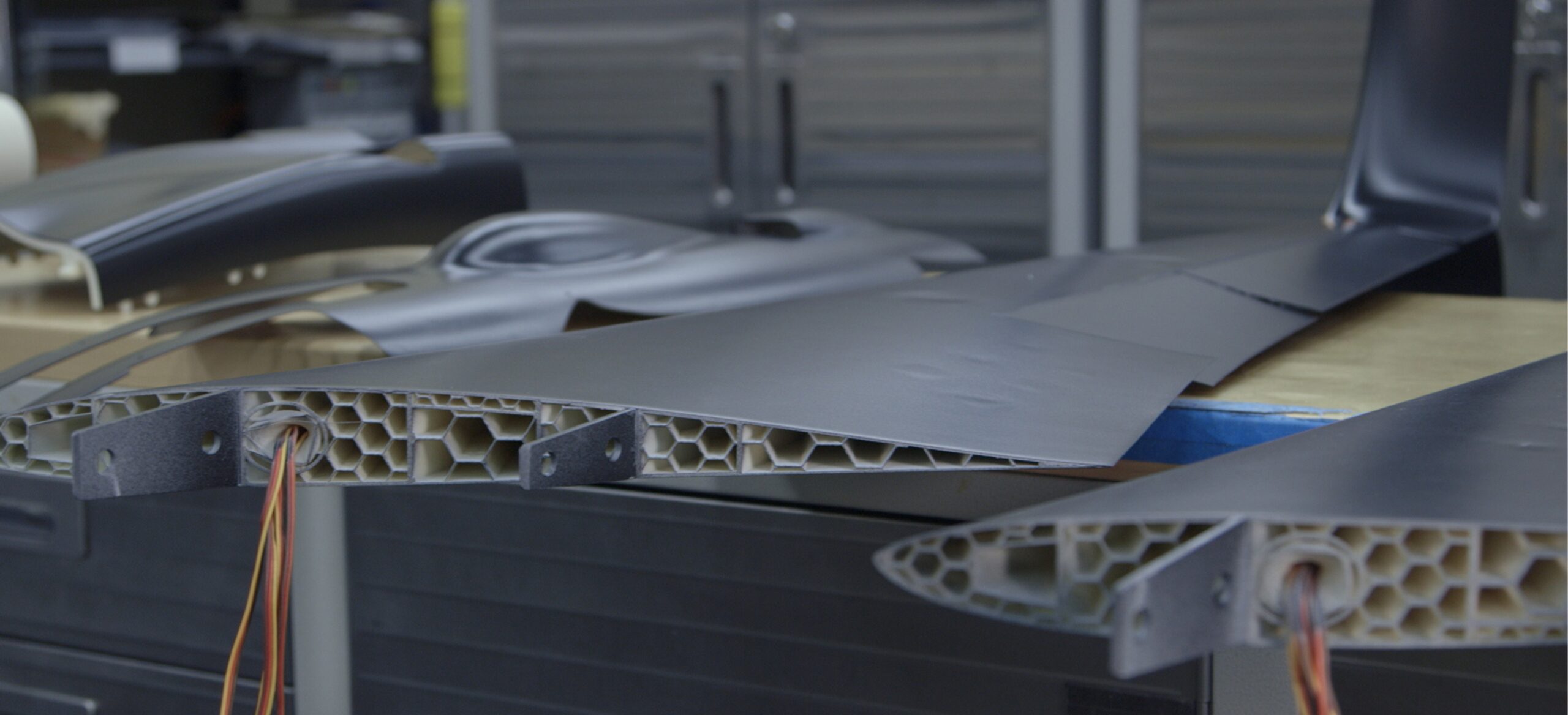The charm of rare Japanese cars has long captivated motor enthusiasts worldwide. These exceptional vehicles are not just modes of transportation; they represent a confluence of meticulous engineering, revolutionary design, and a deep cultural heritage. For those passionate about automobiles, owning a rare Japanese car can be an exhilarating experience. In this post, we explore the top five advantages of buying a rare Japanese car, shedding light on why these extraordinary vehicles continue to win the hearts of car enthusiasts.
A Legacy of Unparalleled Engineering
Japanese automakers have a storied history of delivering top-notch engineering prowess. This reputation extends to their rare models, which often feature advanced technologies that were pioneering for their time. The meticulous attention to detail and precision engineering ensure these cars offer superior performance and reliability.
The engineering brilliance is evident in models from brands like Nissan, Toyota, and Mazda. These companies have been at the forefront of innovation, developing engines and technologies that have set benchmarks in the industry.
Owning a rare Japanese car means inheriting a piece of this engineering marvel. From turbocharged engines to sophisticated aerodynamics, these vehicles are a testament to the Japanese commitment to excellence.
Distinctive Design Aesthetics
One of the standout features of rare Japanese cars is their unique design aesthetics. Unlike mass-produced vehicles, these cars often exude a sense of individuality and exclusivity. Their designs are a blend of futuristic elements and classic Japanese minimalism, making them visually striking and timeless.
The Nissan Skyline GT-R, for instance, is celebrated for its bold design and iconic taillights. Similarly, the Toyota Supra’s sleek lines and aggressive stance make it a head-turner on any road.
These distinctive designs not only enhance the car’s visual appeal but also contribute to its aerodynamics and overall performance. For car enthusiasts, the aesthetic appeal of a rare Japanese car is a significant draw.
Cultural Significance and Heritage
Rare Japanese cars are more than just vehicles; they are cultural artifacts that reflect Japan’s rich automotive heritage. Each model tells a story of innovation, tradition, and a relentless pursuit of perfection. Owning one of these cars is akin to possessing a piece of automotive history.
The Mazda RX-7, with its rotary engine, is a nod to Mazda’s commitment to unconventional engineering solutions. The Honda NSX, developed with input from Formula 1 legend Ayrton Senna, embodies the fusion of racing pedigree and road car practicality.
For enthusiasts, the cultural significance of these cars adds a layer of depth to their ownership experience. It’s not just about driving a vehicle; it’s about being part of a legacy that has shaped the automotive world.
Exceptional Performance and Handling
Performance is a crucial factor for any car enthusiast, and rare Japanese cars deliver this in spades. These vehicles are renowned for their exceptional handling, powerful engines, and advanced suspension systems. Whether it’s navigating tight corners or accelerating on a straight stretch, these cars offer an exhilarating driving experience.
The Mitsubishi Lancer Evolution, with its rally-inspired performance, is a favorite among those who crave speed and precision. The Subaru Impreza WRX, known for its all-wheel-drive system, provides unparalleled traction and control.
Driving a rare Japanese car is an experience like no other. The responsiveness of the controls, the roar of the engine, and the seamless integration of technology all contribute to a thrilling ride.
Potential for Appreciation in Value
Unlike typical cars that depreciate over time, rare Japanese cars have the potential to appreciate in value. These vehicles are often seen as investments, with their value increasing as they become harder to find. Collectors and enthusiasts are always on the lookout for well-maintained models, driving up demand and prices.
The Toyota 2000GT, once an obscure model, is now considered one of the most valuable Japanese cars in the world. The Nissan Fairlady Z, with its rich racing history, has also seen a significant rise in its market value.
Investing in a rare Japanese car can be a financially rewarding decision. With proper care and maintenance, these vehicles can offer substantial returns over time.
Final Thoughts
The allure of rare Japanese cars lies in their exceptional engineering, distinctive design, cultural significance, outstanding performance, and potential for value appreciation. For car enthusiasts, these vehicles represent more than just a mode of transportation; they are a testament to Japan’s automotive excellence and innovation.
Owning a rare Japanese car is an experience that transcends the ordinary. It’s about being part of a legacy, enjoying unparalleled performance, and having a vehicle that stands out in both form and function. For those looking to elevate their automotive experience, investing in a rare Japanese car is a decision that promises excitement, passion, and satisfaction.
Ready to explore the world of rare Japanese cars? Visit Initial RHD Imports’ website to learn more about our curated selection and find the perfect model to add to your collection.











